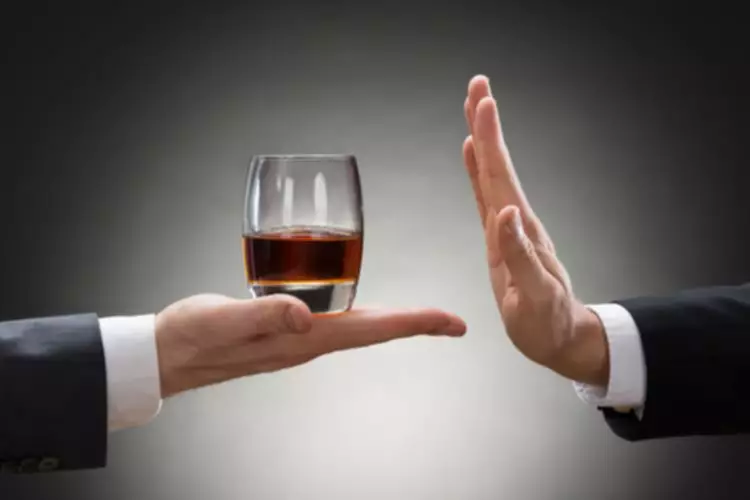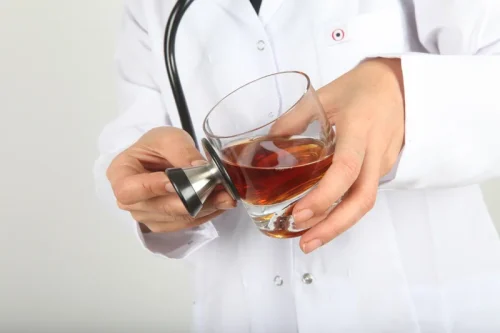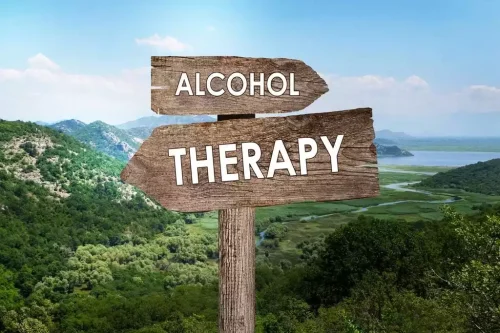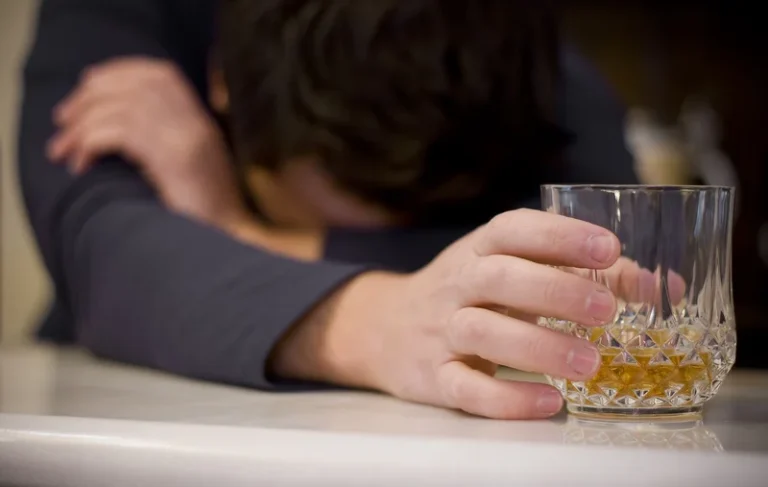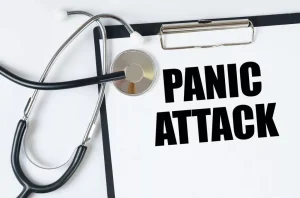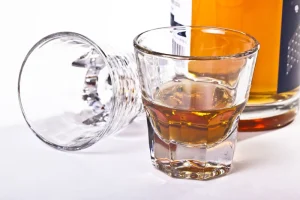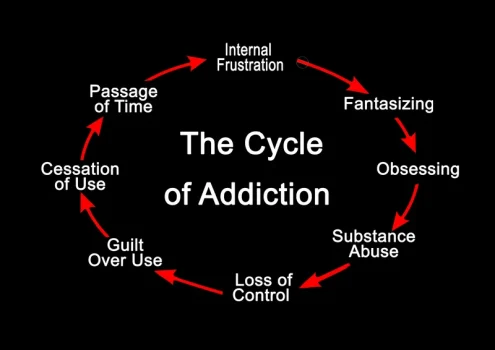
Having a few drinks can be fun, but feeling dehydrated or hungover is not. It’s up to you to decide if the pleasures of alcohol are worth the potential next-day effects. Follow drinking behaviors that are best for you, not what everyone else is doing. And above all, limiting your alcohol consumption in general is the best way to avoid dehydration. Depending on whether you’re a light or heavy drinker, your strategy around cutting back will be different. “For a light drinker, you don’t really need to taper,” says Dr. Mosquera.
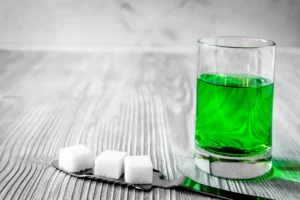
Does rehydration help reduce hangovers?

Light to moderate red wine consumption, within the framework of a Mediterranean diet, may be protective against heart disease. This might be due to the effects of its antioxidants on blood sugar regulation, which supports a healthy heart. Given that 55% to 65% of the human body is water, per StatPearls, staying hydrated is key. Dehydration rates are higher among older adults, but anyone is at risk for chronic, mild dehydration that can impair physical and mental function. Summer is a crucial season to be mindful of hydration, since your hydration needs increase with hot, humid weather.
Other risks of alcohol consumption
Dehydration occurs when the body loses more fluids than it takes in, and alcohol can exacerbate this by increasing urine production and interfering with the body’s ability to retain water. But not everybody processes alcohol in the same way, or at the same speed. The effects of alcohol after a 24-hour period, Dr. Pathak says, depend on how quickly your body can break down alcohol, whether you drank it on an empty stomach, how quickly you drank it, and your tolerance. If you have wine once in a blue moon, chances are you’ll feel the effects faster and with more intensity than somebody who has Chardonnay after work a few times a week. And having food, particularly fatty food, in your stomach will delay how quickly your drink is broken down.
How it supposedly feels
- Alcohol dehydration occurs because alcohol causes you to lose too much fluid from your body.
- Dehydration can affect multiple bodily functions and cause a wide range of symptoms.
- This level of dehydration typically only occurs as a result of extreme circumstances like severe illness or prolonged, strenuous exercise without proper fluid replacement.
- If you alternate alcohol and water as you drink, you slow your intake of alcohol.
Dehydration is also a big part of why you get a hangover after drinking too much. Having the right balance of fluid in your system is essential for your body to carry out basic functions. This is not likely to cause dehydration by itself, but in conjunction with the other side effects above, it could lead to a mild dehydration effect. Sodium is an electrolyte mineral found in many foods, and most people obtain adequate amounts from table salt. Electrolytes, especially potassium and sodium, play a critical role in fluid balance and facilitate the movement of water into cells and tissues.

That said, the higher a drink’s alcohol content, the more of a diuretic it’s believed to be. IV therapy from Next Health is quick and simple; you just show up to one of our locations, take a seat in our comfortable IV lounge, and rest and relax while our staff members take care of your IV drip set up. In a few minutes, you’ll feel the effects of the IV drip therapy and may experience your hangover symptoms vanish into the ether.
What to do if you’re dehydrated
However, if you have an empty stomach, a single glass of wine will cause mild dehydration if you don’t follow it up with a glass of water within the hour. The alcohol and sugar in wine take your body a good amount of energy to break down compared to simpler foods or beverages. Because your body has to use extra energy to break down the wine contents, your body’s core temperature may also increase. If you are wearing does wine dehydrate you multiple layers or in a warm environment, you could induce a light sweat if you drink multiple glasses of wine in a row. To understand how wine dehydrates you, we have to break down the dehydrating effects of alcohol overall. Even though wine contains some amount of water no matter what, wine indeed dehydrates you to a certain extent if you drink it without matching each serving with a glass of water in turn.
Energy drinks may contain a combination of dehydrating ingredients. They generally contain high levels of caffeine and sugar and may contain other added ingredients that stimulate the kidneys and https://ecosoberhouse.com/ act as a diuretic. While tea tends to have less caffeine than coffee, increased tea consumption can still contribute to the total amount of caffeine a person has each day and yield dehydration.
Health Tools
For the men reading this, you might also be interested to learn about alcohol’s effect on testosterone levels. Interestingly, studies have shown that people over 50 overcome the suppression of ADH from alcohol more quickly than their younger counterparts. Second, if you weigh 60 kilograms, you generate about 60 millilitres of urine each hour. “If you’ve gone the whole night and realize you didn’t have any water, you can’t ‘catch up’ with plain water,” she says. Ian Landau is a journalist who’s written extensively about health and wellness since 2010.

- If you’re dehydrated, your mouth won’t have enough fluids to produce saliva.
- According to the Society for Endocrinology, ADH is produced and released by the pituitary gland.
- Wine’s primary components are water, alcohol, sugars, acids, and tannins, with water being a significant part of its makeup.
- When comparing the dehydration effects of wine and beer, it all comes down to their alcohol content.
- Dehydration contributes to hangovers but is just a piece of the puzzle.
If you’re an athlete or someone who likes to hit the gym to build muscle mass, you may want to reconsider your weekly happy hour consumption. This effect is also known as “breaking the seal,” which is why you pee a lot more after a few drinks. But over time, too much alcohol can set off diabetes and malnutrition, and diseases of the central nervous system and the liver. Kelly Kennedy is a licensed dietitian-nutritionist with over 14 years of experience in digital media.


